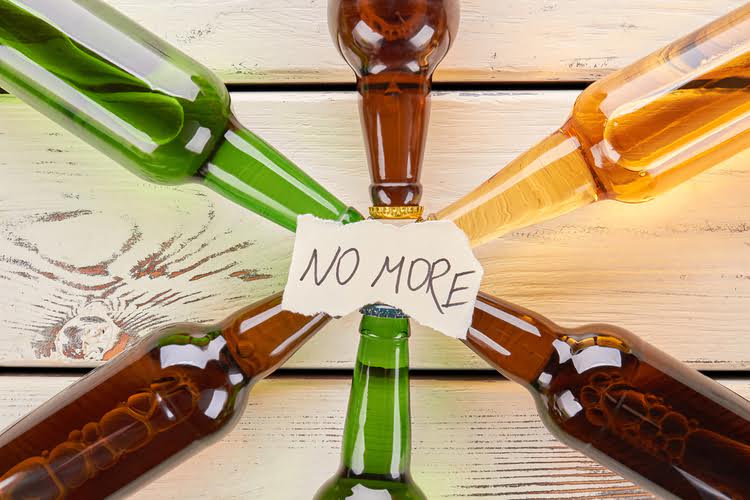How To Stay Sober: Tips To Keep You on the Path To Recovery
When drug addiction takes over, it’s easy to lose sight of life’s meaning. drug addiction treatment Sobriety is a chance to rediscover your sense of purpose. In recovery, it’s important to celebrate the big and small wins.
- Partial hospitalization programs (PHP) are sometimes referred to as intensive outpatient programs (IOP).
- Therapy sessions usually include growth-oriented practices like mindfulness meditation which help solidify your resolve to stay clean.
- We all do much better when we follow a program to fill the gaps that used to be occupied by alcohol.
- Research studies have shown that people activated more parts of their brain and increased their ability to learn when putting pen to paper as opposed to typing.
Practical Tips for Staying Sober

This may have led to substance use in the first place. Learning to love yourself again is a significant part of the healing journey. For many, it’s one of the most profound parts of what happens when you get sober. Rajnandini is a psychologist and writer dedicated to making mental health knowledge accessible. With over five years of experience in the field, she specializes in translating research into evidence-based, easy-to-understand content. Support groups such as Alcoholics Anonymous (AA) and SMART Recovery are open to anyone with a substance abuse problem.
What Is The Fear Of Failure In Sobriety?
Self-control is a fundamental skill that individuals in recovery must cultivate to resist the urges and triggers that may lead to relapse. Developing self-control is akin to exercising a muscle – the more it is practiced, the stronger it becomes in resisting the temptation to revert to substance use. By learning to manage impulses and make conscious decisions to prioritize sobriety, individuals can enhance their willpower and resilience in the face of challenges. From stress management to self-care, discover 13 tips for staying sober. When it comes to addiction recovery, the only thing harder than getting sober is staying sober. Without treatment, an addict who quits on his or her own has a 50 to 80% chance of relapsing.

Recovery Programs
While complete abstinence is often the goal, setbacks are a common part of the recovery journey. Many people experience multiple relapses before achieving lasting healing. Even with strong determination, staying sober requires more than willpower alone. Being sober requires maintaining your mental, emotional, and physical well-being. You tend tips to stay sober to feel better physically and mentally by getting adequate sleep, eating healthy, and exercising, which can boost your motivation to stay sober. By taking care of yourself, you have better control of your stress, worry, and depression—all of which can act as triggers for substance abuse.
Drinking non-alcoholic beer can not only break sobriety, but it can also open an individual up to other dangers such as peer pressure and cravings. There are a lot of changes that occur during the first six months. Social groups change, habits are rewritten, and your brain and body are rewiring old coping mechanisms.
- Planning ahead can make all the difference in staying sober during the holidays.
- For others, the season can highlight loneliness, especially for those separated from loved ones or rebuilding connections post-recovery.
- Now, I must say that I’ve experienced this high, and before I got to that perfect spot, I felt like I was going to throw up.
If you are looking to begin your recovery journey, reach out today for more information about our alcohol addiction treatment programs. Tailored treatment programs and follow-ups are often a part of recovery success. https://dev-wpwithrafay.pantheonsite.io/best-alcohol-recovery-tattoo-ideas/ Treatment should include medical and mental health services as required. Follow-up treatment typically includes community or recovery support systems, including family members. A structured plan helps you stay focused and motivated. It gives you something to look forward to and encourages you to maintain sobriety.

